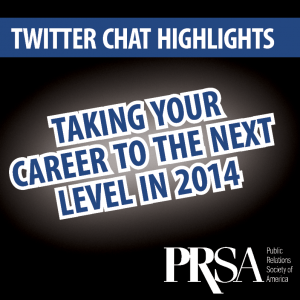I studied public relations at the University of Southern California with the expressed intention of someday heading up communications for a major studio. But after graduating in the height of the Great Recession, entertainment jobs were few and far between, and a former manager 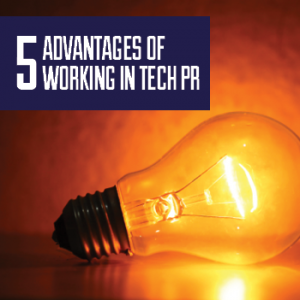 recommended I tried technology. Pursuing a role in this industry is the best decision I’ve made in my adult life.
recommended I tried technology. Pursuing a role in this industry is the best decision I’ve made in my adult life.
Here are the top five things you should know if you’re interested in the dynamic world of technology communications.
1. Embrace the challenge
At first glance, any PR practitioner, regardless of level, may balk at the idea of taking on a tech client. Chances are, you chose this profession because subjects such as science and math weren’t your strongest suits. But that really doesn’t matter.
Just because you don’t have an engineering background doesn’t mean you can’t communicate with engineers, scientists, CTOs or programmers. In fact, it’s often your role to “translate” their jargon into terms mere mortals can understand. And that’s quite rewarding!
2. Zeitgeist
It’s no question that this is the golden age of this industry. Startup founders are the new rock stars, tech executives grace the cover of fashion magazines.
People will look back at this era and wax nostalgic about the beginnings – and ends – of technology companies, trends and the characters that move them. Get in on the movement.
3. Being young is an advantage
Especially in startups, executives tend to be young and demand a team that will be able to go toe-to-toe with them on the latest trends. If you’re a new PR pro, you’re likely to be an early adopter of the latest gadgets or the cutting edge of social media. It’s easier to find your role on teams.
Deep tech, or the enterprise, is undergoing a renaissance as well. And I promise you that some of the most rewarding work can be connected to highly complicated, back-end services and structures.
4. The industry is growing with you
Many of the burgeoning products and trends are facing coming-of-age, just like you: mobile devices, Internet privacy, 3D printing, console gaming – these are product lines reckoning with growth, change and regulation. How much more exciting can it get?
5. Tech affords a diverse crowd that will keep you on your toes
The cast of characters that are involved in technology are some of the most interesting, intellectually stimulating, unpredictable people I’ve ever worked with. They’re mad scientists, relentless humanitarians, have doctorates in medieval studies. They’re immigrants that have overcome amazing obstacles and eventually create billion-dollar companies.
The people that power technology PR have more facets than I can shake a semiconductor at. And that’s a beautiful thing.
Have you chosen or considered a career in technology PR? How has your PR experienced crossed paths with the technology world?
Clare Sayas (@claresayas) is a senior account executive in Edelman’s Silicon Valley office, where she works on a broad range of tech clients, including Adobe, SnapLogic and Evolv. She is also one of the proud community managers for @EdelmanSV.

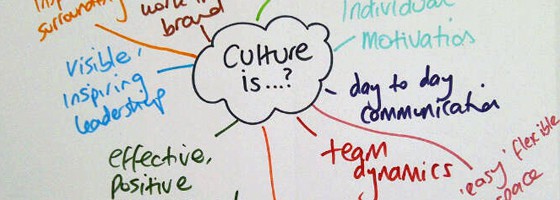
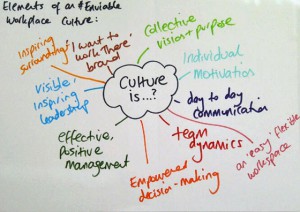 process and how we as young professionals often become so focused on how we’re the right fit for the employer that we forget to consider if the company culture is right for us.
process and how we as young professionals often become so focused on how we’re the right fit for the employer that we forget to consider if the company culture is right for us.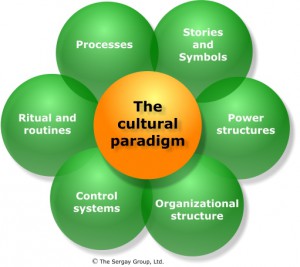 Job seekers are encouraged to conduct informational interviews with individuals at a prospective employer in order to not only learn about potential openings, but to get a better feel for its company culture as well. Utilize personal connections to get in touch with individuals that also work there and ask for their honest opinions. Be proactive; there’s nothing wrong with cold contacting folks whose information you find on company websites and LinkedIn.
Job seekers are encouraged to conduct informational interviews with individuals at a prospective employer in order to not only learn about potential openings, but to get a better feel for its company culture as well. Utilize personal connections to get in touch with individuals that also work there and ask for their honest opinions. Be proactive; there’s nothing wrong with cold contacting folks whose information you find on company websites and LinkedIn.
 Sara Mitchell is the communications manager for the
Sara Mitchell is the communications manager for the 
 1) Read (a book) daily.
1) Read (a book) daily.